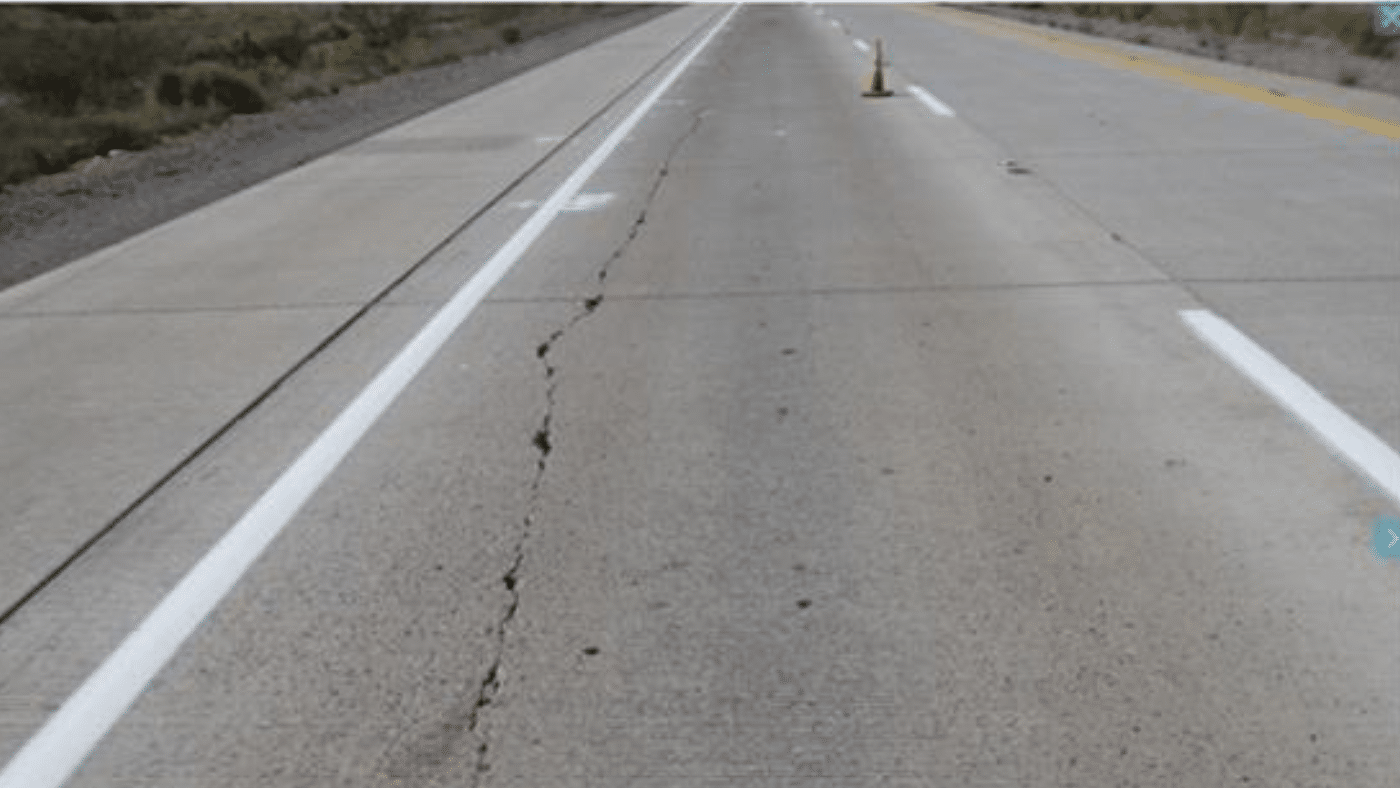Understanding Common Civil Engineering Disputes
Civil Engineering and Heavy Civil Engineering projects are complex and involve multiple parties in their development, design, and construction. Numerous studies state construction disputes are on the rise. The literature, however, is ambiguous as to whether this rise is primarily due to an overall increase in the number of construction projects in the United States, an increase in the complexity of these types of projects, more aggressive litigation, or some combination. Regardless, the literature is in relative agreement regarding what are the most common alleged construction defects. Furthermore, these common issues have persisted over the last decade.
Another recurring theme within the literature and data gathering is a lack of accessible or publicly available information regarding construction defect and dispute resolution as they relate to Civil Engineering projects. The majority of court cases are settled prior to trial and confidentiality is a common term of settlement. The following is a summary of the most common disputes and their key components in the data available to Vertex. A review of these disputes shows the main contributing factors to disputes can typically be described as technical or procedural deficiencies or deficiencies between the contractor and the design team or owner.
Civil Engineering projects can include, but are not limited to, heavy civil, residential, commercial, industrial and mixed-use projects as well as eminent domain and personal injury disputes. Heavy civil engineering projects include Department of Transportation (“DOT”) projects and Federal Highway Administration (“FHWA”) projects as well as paving projects, oil and gas projects, drainage projects and floodplain modification. Many of these different project types have similar disputes. Common Civil Engineering disputes include utility conflicts, earthwork conflicts, grading and drainage conflicts, pavement conflicts and contractual conflicts among others.
A review of the data shows relatively steady disputes related to Civil Engineering with the most common disputes being pavement disputes, utility disputes and grading/drainage disputes. The following are brief discussions of each of these common disputes.
PAVEMENT DISPUTES
Pavement design typically involves multiple parties including the civil engineer and the geotechnical engineer. It is also typical that there are specifications related to the design and installation of pavements for Civil Engineering projects. Pavements in Civil Engineering can include both concrete and asphalt pavements. Typical disputes include mix design, pavement section, proper installation and pay factors. Poor mix, insufficient pavement section and poor installation can lead to potholes, longitudinal cracking, transverse cracking, raveling and alligator cracking, among others, and can ultimately lead to pavement disputes. Some examples of these failure mechanisms are shown below.

Figure 1: Example of Longitudinal Cracking in Concrete Pavement1

Figure 2: Example of Raveling in Asphalt Pavement2

Figure 3: Example of Raveling in Asphalt Pavement3
UTILITY DISPUTES
Utility design typically involves design by the engineer and requires coordination with the utility owner and/or the governing jurisdiction. Most utility owners and governing jurisdictions have standard details and specifications related to the design and installation of utilities for Civil Engineering projects. Utilities in Civil Engineering can include wet utilities (water, sanitary sewer, storm sewer, etc.) as well as dry utilities (gas, electric, fiber, etc.). Typical disputes include improper installation/design, conflicts with other utilities, insufficient compaction and damage during construction. Improper installation, utility conflicts, insufficient compaction and damage during construction can lead to potholes, pavement settlement and utility backups, among others, and can ultimately lead to utility disputes.
GRADING/DRAINAGE DISPUTES
Grading and drainage design typically involves design by the engineer and requires coordination with the governing jurisdictions. Most governing jurisdictions have standard details and specifications related to the design and installation of grading and drainage features for Civil Engineering projects. Grading and drainage features in Civil Engineering can include slope design, inlets, detention ponds, hydrologic design, hydraulic design, etc. Typical disputes include improper installation/design, insufficient system capacity and failure to address ground water. These can lead to pavement settlement, utility backups, hydrostatic loading on foundations and overall drainage issues, among others, and can ultimately lead to grading and/or drainage disputes.
Understanding common civil engineering disputes is crucial in the ever-evolving construction industry. If you want to delve deeper into this topic or need expert guidance for your civil engineering projects, don’t hesitate to contact us. Our experienced team members are here to provide insights and solutions tailored to your specific needs. Contact us today to learn more about our work and how we can assist you.




